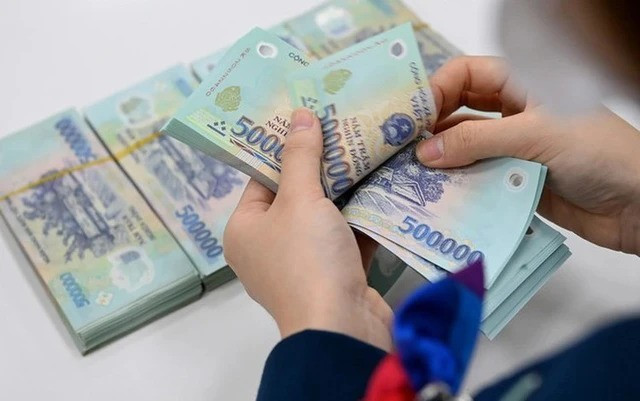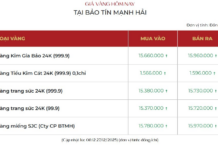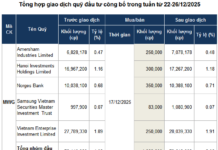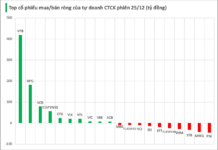Among the feedback on the draft Law on Personal Income Tax (amended) submitted to the Ministry of Finance, issues regarding taxable income have garnered significant attention.
The Ministry of Public Security proposed studying the addition of tax exemption regulations for income in the form of salaries, wages, and allowances paid from the state budget. According to the 2025 State Budget Law, personal income tax is also a budget revenue. Therefore, the state budget paying salaries and then collecting personal income tax from the same amount to return it to the budget would create unnecessary procedures, departments, and personnel.
Regarding this issue, the Ministry of Finance stated that the Law on Personal Income Tax applies uniformly to all individuals with income reaching the taxable threshold, regardless of whether the payment source is from the state budget or the private sector. Excluding taxes on salaries and wages from the state budget would be inappropriate and could provoke public backlash.

According to the Ministry of Finance, the proposal to exempt personal income tax for wages and salaries from the state budget is unsuitable and could provoke public reaction.
The principle of tax law is that individuals with the same taxable income must fulfill their tax obligations equally. Specific deductions for individuals and dependents have been clearly defined to ensure fairness.
Additionally, the Ministry of Public Security recommended studying tax exemptions for “overtime pay,” “night shift allowances,” “severance pay,” and “hardship allowances.” These allowances are intended to motivate and compensate workers for risks. If taxed, policies encouraging overtime and productivity bonuses would be less effective, disadvantaging workers, especially those in manual labor and night shifts.
Furthermore, for income from inheritance and gifts, the lead agency should clarify criteria for identifying unregistered assets to ensure transparency and prevent arbitrary application. The Ministry of Public Security also suggested adding digital assets (cryptocurrencies, virtual assets) to the taxable scope to align with modern financial trends.
In response, the Ministry of Finance noted that the current Law on Personal Income Tax already includes provisions for the mentioned income types, which the draft amendment continues to uphold.
Meanwhile, the Ministry of Science and Technology proposed adding tax exemptions for certain income types beyond salaries and wages, including: expenses for Science and Technology Advisory Councils, expenses for technology task cost appraisal panels, meeting fees, and conference allowances under 2 million VND per instance.
Acknowledging this, the Ministry of Finance stated that the draft law has added a provision: “Income from salaries and wages for scientific, technological, and innovative tasks” is exempt from personal income tax. If such income is confirmed as payment for scientific and technological tasks under the Science and Technology Law, it will be tax-exempt.
The Ho Chi Minh City Tax Consultants and Agents Association praised the tax exemption for scientists’ income from research funded by the state budget but suggested extending exemptions to healthcare, education, and digital transformation sectors to drive national scientific and digital innovation.
Additionally, the scope should include scientists funded by socialized or corporate sources, ensuring fairness and encouraging research and innovation. Some noted that payments to scientists from these sources should align with science and technology fund regulations to avoid overlapping benefits.
In response, the Ministry of Finance explained that the law has added tax exemptions for income from scientific, technological, and innovative tasks.
The National Assembly Delegation of Tuyen Quang Province urged the drafting agency to thoroughly review provisions on tax-exempt and reduced-tax income. Exemptions and reductions should only apply in truly necessary cases, fitting the economic and social context, with strict regulations to prevent tax evasion and budget losses.
Proposed Gold Sales Tax: Threshold Set at 1 Ounce or More
Experts recommend establishing a clear tax threshold for gold transactions. They propose that only sales of 1 tael or more should be subject to taxation. Smaller transactions, such as the sale of 1-2 tael of accumulated gold, would fall below this threshold and remain tax-exempt.













































